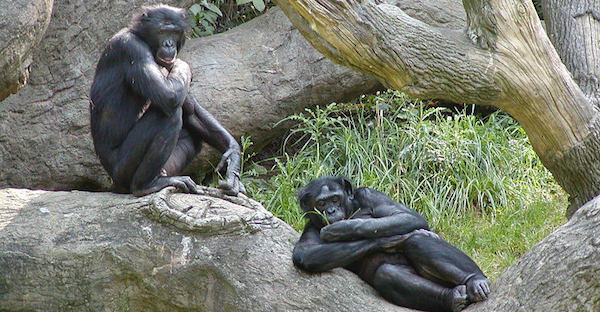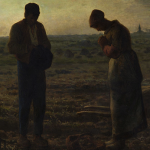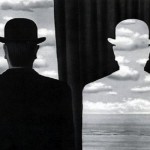Biologist Frans de Waal is convinced we’ve gotten it all wrong: morality does not come down from on high but rather emerges from the bottom up. In his new book, The Bonobo and the Atheist, he reveals findings from his careful study of primates that suggest they exhibit traits such as empathy and compassion, behaving ethically in ways that resemble human behavior. He proposes that morality is a natural product of evolution and that religion emerged as a later useful by-product.
There certainly have been some Christians who took a less than charitable view toward animals. (Descartes’ simplistic view that “animals are machines” comes to mind.) Many Christians have held that animals possess none of the ethical, religious, or rational capacities that humans possess. This view seems worrisome in light of de Waal’s research, which suggests that even primates may possess primitive forms of religion.
De Waal explains, “There is also the awe and wonderment at natural events beyond our control. That this may not be uniquely human is illustrated by the charging displays of chimpanzees at waterfalls or during downpours… With big, rhythmic, swaying steps, they walked around, leaving their shelter, getting completely wet. They sat down again when the rain eased. Having seen the same behavior several times since, I agree with those who call it a ‘rain dance,’ because that’s exactly what it looks like.”
Yet if we believe that man is a created thing, meant to worship His creator, then there should be no reason for us to think that animals couldn’t worship or have religious (or even ethical) inclinations as well. The scripture is filled with imagery of all creation worshipping God. Isaiah tells us, “You will go out in joy and be led forth in peace; the mountains and hills will burst into song before you, and all the trees of the field will clap their hands.” The Psalms of David are filled with reference to all creation joining in praise: “Let heaven and earth praise him, the seas and everything that moves in them” (Ps 69:34) and “Let the sea roar, and all that fills it; the world and those who dwell in it!” (Ps 98:7). If the trees of the field and the fish of the sea will join in worship, we shouldn’t be surprised that the bonobos will join in, too.
Tom Wright has warned that we shouldn’t over-ontologize ‘the image of God,’ to think that Genesis 1 implies God granting mankind some sort of unique extra essence that other created beings – be they dolphins or chimpanzees – do not possess. Some Christians will say this view goes too far; coming out of the Aristotelian-Thomistic tradition, there is a compelling case to be made that humans possess a rational form, giving them a unique ability to grasp abstract concepts (and even such a Thomist as Edward Feser would say that animals have “animals have conscious awareness of a sensory and imaginative sort”). But Wright is on to something when he explain that “the image of God” is a vocation as much as a character, suggesting that human beings possess a special calling to reflect God’s glory, which we accomplish by loving God and loving our neighbor as ourselves. Given that the human capacity for empathy and ethics still seems to exceed that of primitive primates, it’s makes sense that we are given a special role. Yet in light of the fact that God fashioned us through the process of evolution, it is no wonder that we see hints of the human in other species as well.
[Image of Bonobos from Wikipedia]













